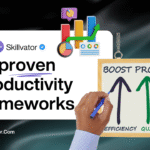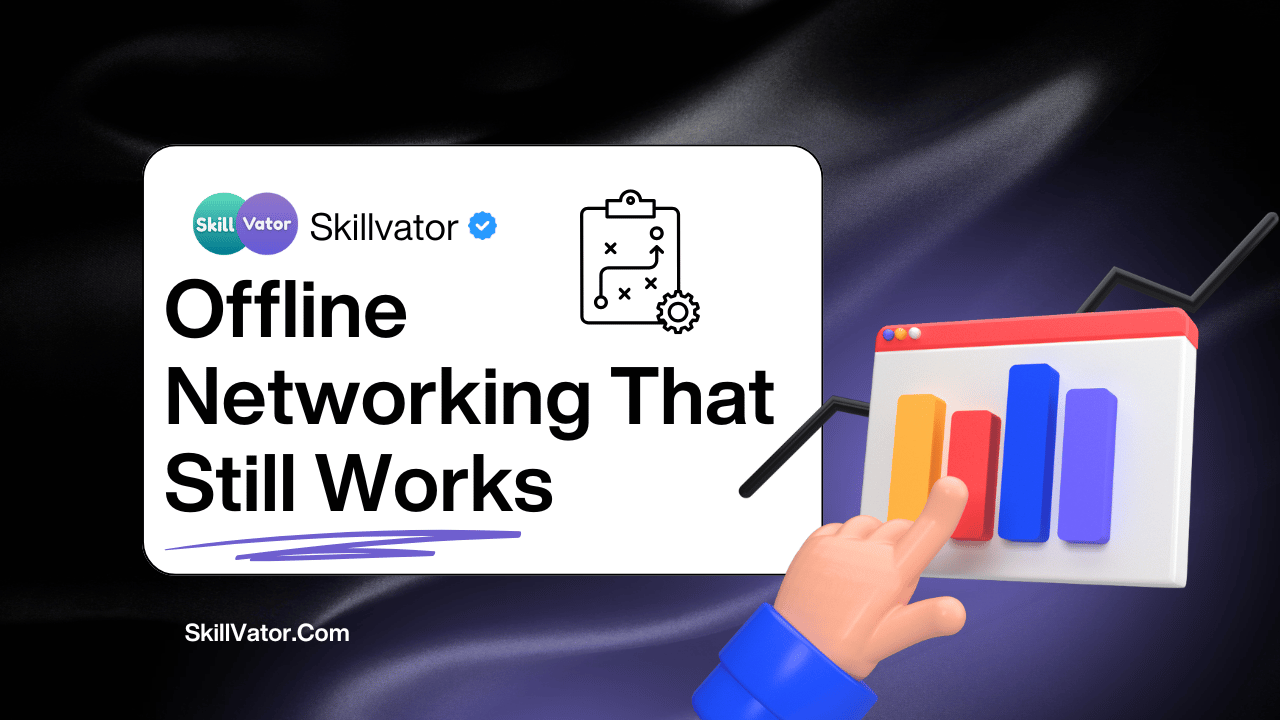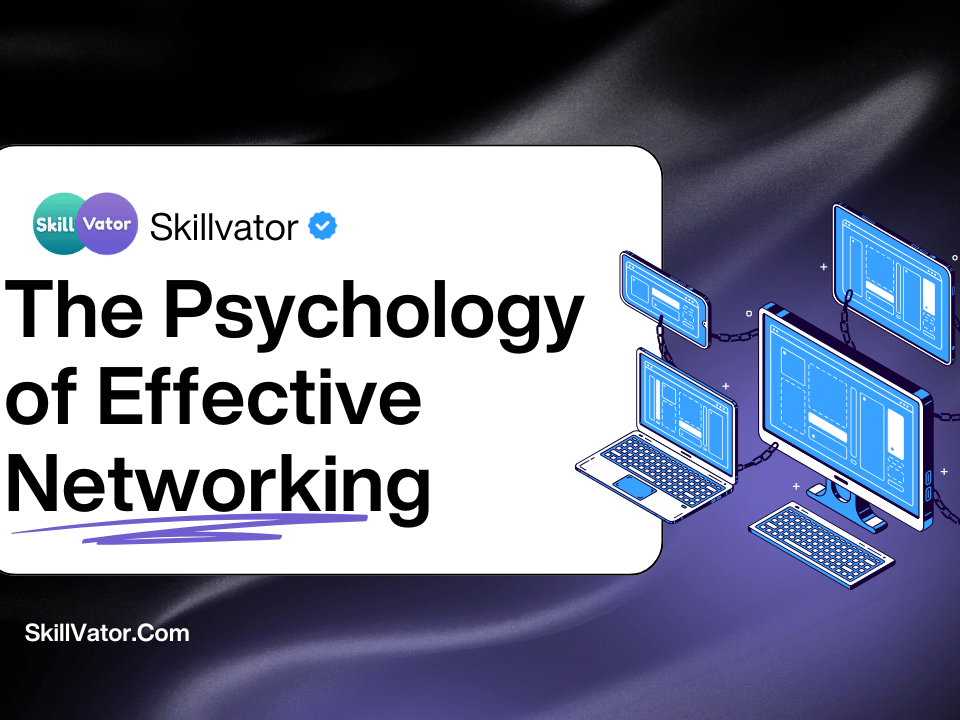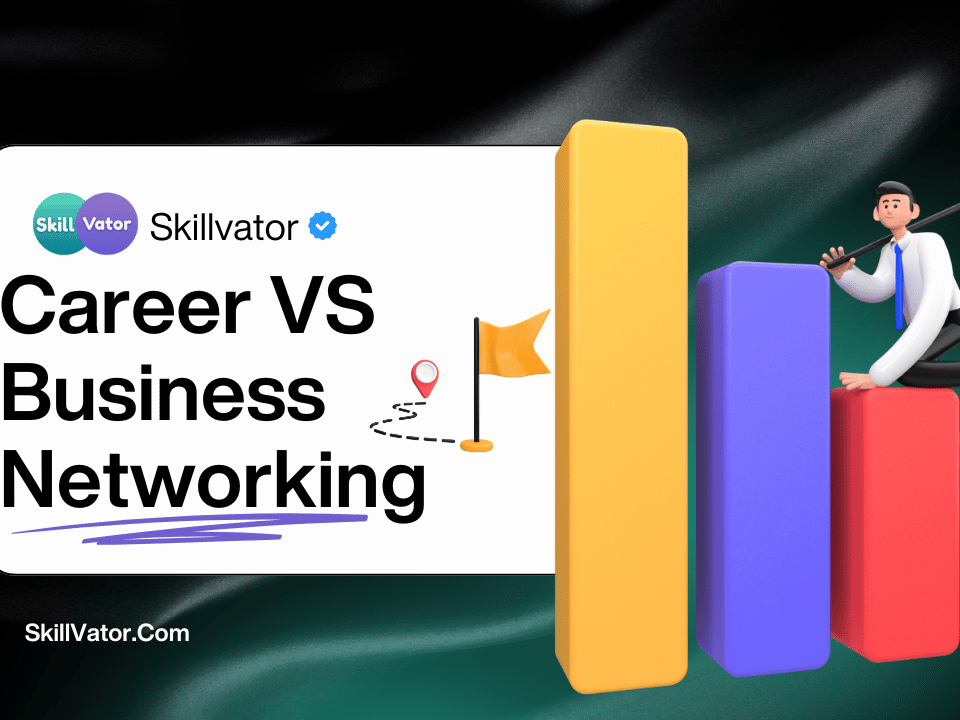When we think about networking today, our minds instantly jump to LinkedIn, Slack groups, or AI-driven outreach. And it’s true — online networking has transformed how we connect globally.
But here’s a truth that often gets overlooked: offline networking still works — sometimes better than online.
Why? Because humans are wired for face-to-face trust. Eye contact, body language, and real-world presence often build stronger credibility than a perfectly optimized profile ever could.
In 2025, while AI dominates headlines and digital platforms become increasingly crowded, offline networking remains a timeless skill that can set you apart.
Let’s break down how offline networking works today, why it still matters, and the strategies that actually deliver results.
You can also read the full guide : Networking and Relationship Building: Keys to Unlocking Career Success in 2025
Why Offline Networking Still Matters in a Digital-First World
-
Trust is built faster offline. A handshake, genuine smile, and in-person conversation carry nuances that algorithms can’t replicate.
-
Less noise. Online, people get dozens of DMs daily. Offline, when you meet someone at a conference, you have their attention.
-
Deeper relationships. Conversations flow more naturally face-to-face. That depth often leads to longer-term opportunities.
-
The Hybrid Advantage. Offline networking often leads to online follow-ups, creating a stronger loop of visibility.
👉 In other words, offline networking hasn’t died — it’s evolved.

Offline Networking
Types of Offline Networking That Still Work
Let’s go through the practical strategies professionals (and entrepreneurs) should use in 2025 to leverage offline networking for career and business growth.
1. Conferences & Industry Events
Still the gold standard of offline networking. Why? Because everyone attending shares a common interest — your industry.
How to maximize impact:
-
Research speakers & attendees beforehand.
-
Prepare 2–3 questions or insights to share.
-
Follow up digitally within 24 hours (LinkedIn, email).
Pro Tip: Don’t just attend sessions — spend time in hallways, coffee breaks, and networking lounges. That’s where conversations spark.
2. Workshops & Skill-Based Learning Events
Unlike conferences, workshops are smaller, interactive, and skill-focused. They give you a chance to:
-
Work alongside peers.
-
Showcase expertise by asking/answering smart questions.
-
Build collaboration-based relationships.
👉 This works particularly well if you’re aiming to grow career skills and personal credibility.
3. Alumni & Professional Associations
Your alumni network is one of the most underrated offline networking channels.
-
You already share a bond (school, university, certification program).
-
People tend to trust alumni faster.
Professional associations (like HR networks, engineering societies, or marketing federations) also provide offline meetups, dinners, and exclusive events.
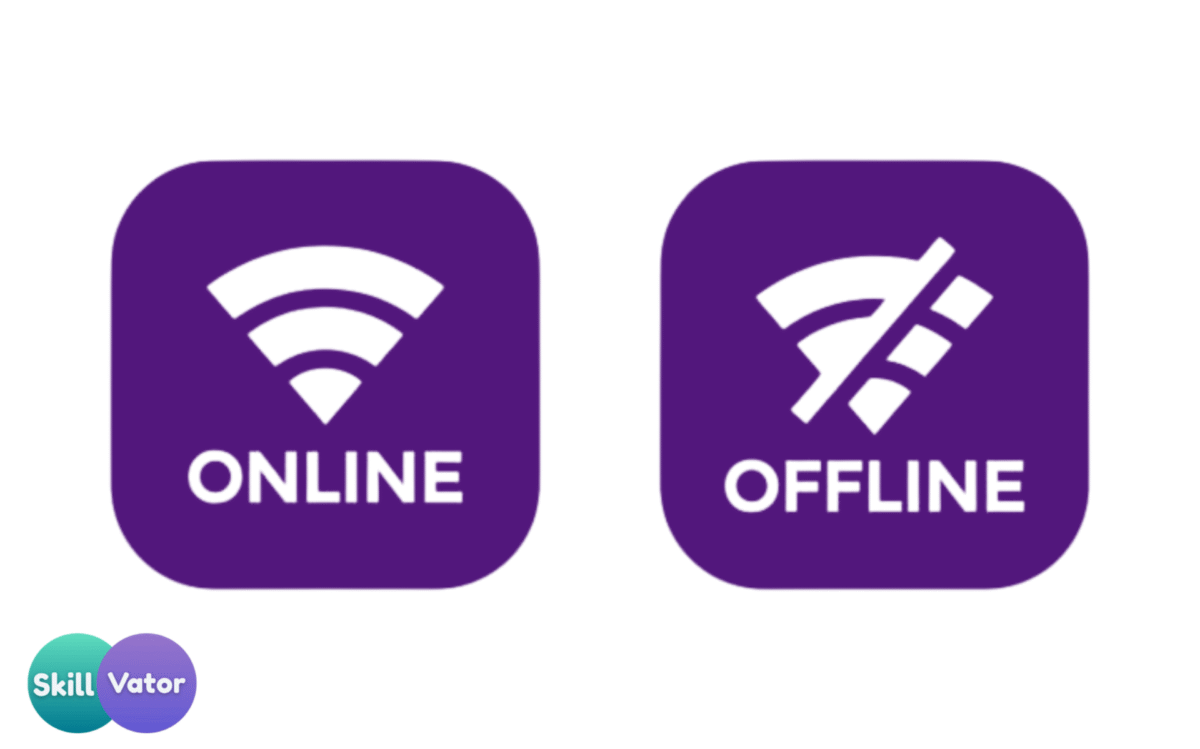
4. Local Meetups & Community Events
Not all networking has to be formal. Local meetups, book clubs, or community-driven events can also open surprising doors.
Think:
-
A startup meetup in your city.
-
A local TEDx event.
-
Volunteer-driven community groups.
👉 These create weak ties (casual connections) that often lead to unexpected opportunities.
5. Networking Over Coffee (One-to-One)
Never underestimate the power of a coffee chat.
In fact, some of the biggest career shifts happen over informal coffee meetings.
-
It’s personal.
-
It allows deeper discussion.
-
It often leads to action faster than group events.
Strategy:
-
Reach out after meeting someone (online or offline).
-
Suggest a quick coffee meeting (20–30 minutes).
-
Go in with curiosity, not a pitch.
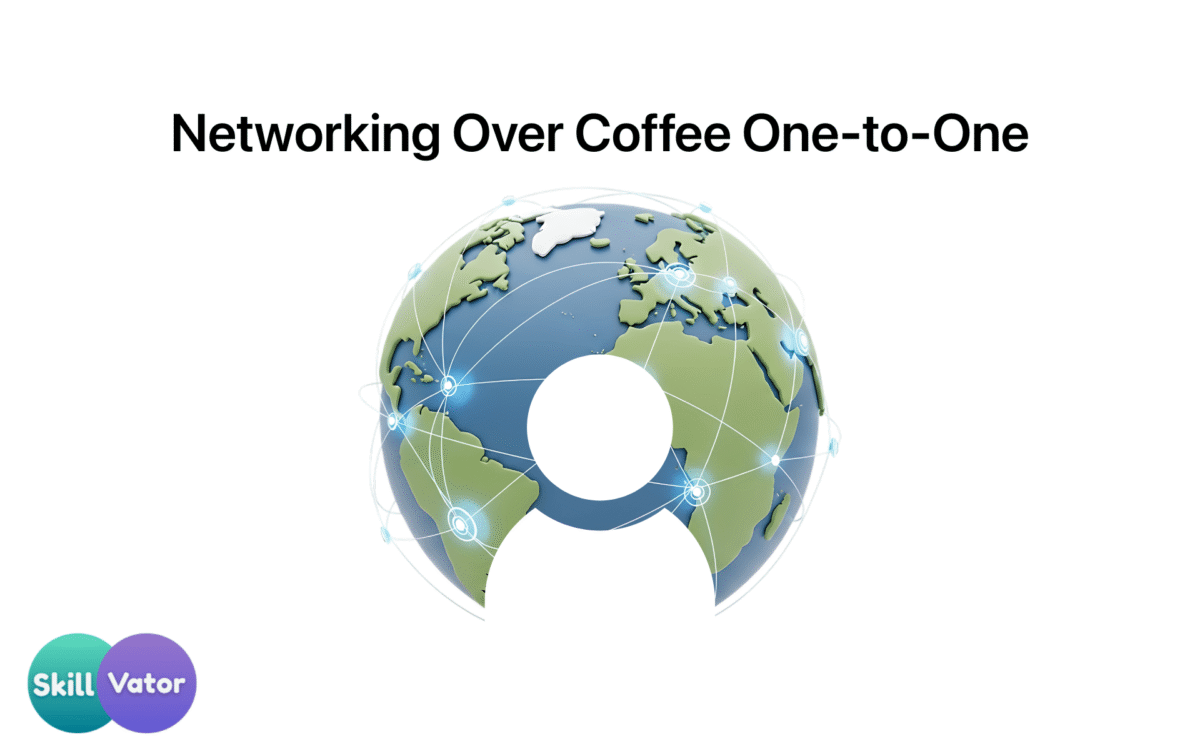
6. Volunteering & Non-Profit Work
Volunteering brings together people with values and vision.
It helps you:
-
Meet professionals from diverse industries.
-
Showcase leadership and teamwork in action.
-
Build a reputation around purpose, not just profit.
7. Trade Shows & Business Expos
These remain a powerhouse for entrepreneurs and business professionals.
At trade shows:
-
Buyers meet sellers.
-
Partnerships form.
-
Deals happen in real time.
👉 If your goal is business networking, this offline strategy is still unbeatable.
The Psychology of Offline Networking
Just like online, offline networking is applied psychology.
Here’s how to make it work for you:
-
Reciprocity: Offer help, resources, or introductions before asking for anything.
-
Priming: Show up prepared, with expertise, so people remember you for your strength.
-
Active Listening: Make the other person feel heard. It builds trust faster.
-
The Strength of Weak Ties: Don’t ignore casual connections — they often bring the biggest opportunities.
How to Blend Offline & Online Networking
Offline networking shines brightest when combined with online follow-ups.
Workflow that works:
-
Meet someone offline (conference, meetup, coffee).
-
Connect on LinkedIn immediately after.
-
Engage with their content or share a resource.
-
Schedule a deeper conversation (call, project, collaboration).
👉 This way, offline creates trust, and online creates visibility.
Common Mistakes to Avoid in Offline Networking
-
Talking too much about yourself. Remember: networking is a dialogue, not a monologue.
-
Failing to follow up. 90% of opportunities die here. Always follow up within 48 hours.
-
Collecting contacts, not relationships. Focus on meaningful conversations, not just business cards.
-
Being transactional. The fastest way to lose credibility is to treat networking as pure “what’s in it for me?”
Practical Networking Habits That Work in 2025
Networking works best when it’s a habit, not an event.
Here’s a practical system:
-
1 event a month → Attend a conference, workshop, or meetup.
-
2 coffee chats a month → Deepen connections with individuals.
-
Weekly reflection → Who did you meet? How can you add value to them?
Consistency compounds. Over a year, these small habits lead to a powerful network of trust.
People Also Ask (FAQs)
1. Is offline networking still relevant in 2025?
Yes. While online dominates, offline remains crucial for trust-building and deeper relationships.
2. What’s the difference between offline and online networking?
Offline networking builds depth and personal trust, while online networking builds breadth and visibility. Both complement each other.
3. How do introverts succeed in offline networking?
Introverts excel in one-to-one conversations and small groups. They don’t need to dominate the room — just focus on meaningful interactions.
4. What’s the best offline networking event to attend?
Depends on your goal:
-
Career growth: workshops, alumni events, professional associations.
-
Business growth: trade shows, expos, business meetups.
Resources for Offline Networking
-
Books
-
Never Eat Alone by Keith Ferrazzi
-
How to Win Friends and Influence People by Dale Carnegie
-
The Connector’s Way by Patrick Galvin
-
-
PDFs/Guides
-
Harvard Business Review Networking Playbook (HBR resource)
-
MIT Sloan research on Weak Ties in networking
-
-
Websites/Blogs
Conclusion
In a world obsessed with AI tools, digital feeds, and algorithmic networking, offline networking remains your competitive edge.
It’s not about replacing online networking — it’s about combining both for maximum impact.
Remember:
-
Offline builds trust.
-
Online builds visibility.
-
Together, they build authority and opportunity.
As I always remind Skillvator readers:
“Networking is not about collecting business cards or LinkedIn requests — it’s about building human trust that creates opportunities.” – Raha Heydari, Founder of Skillvator


